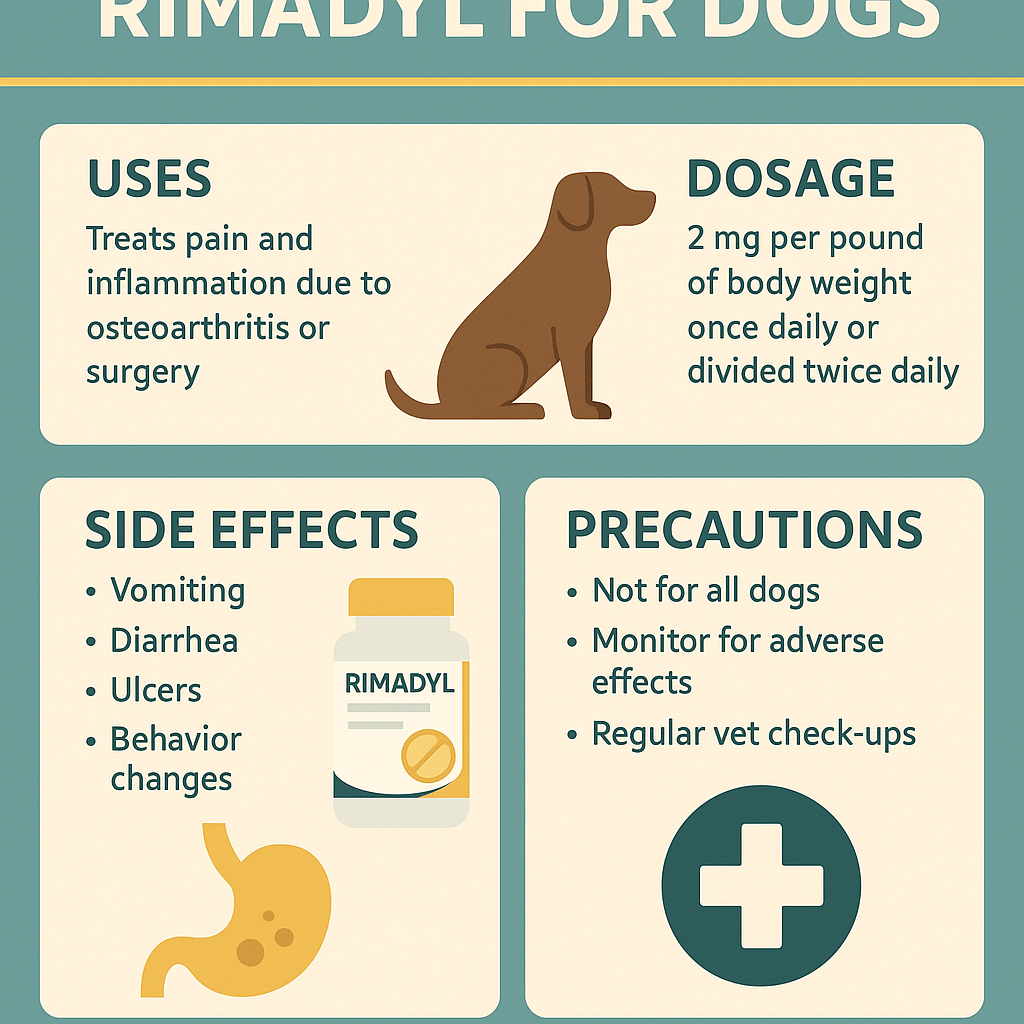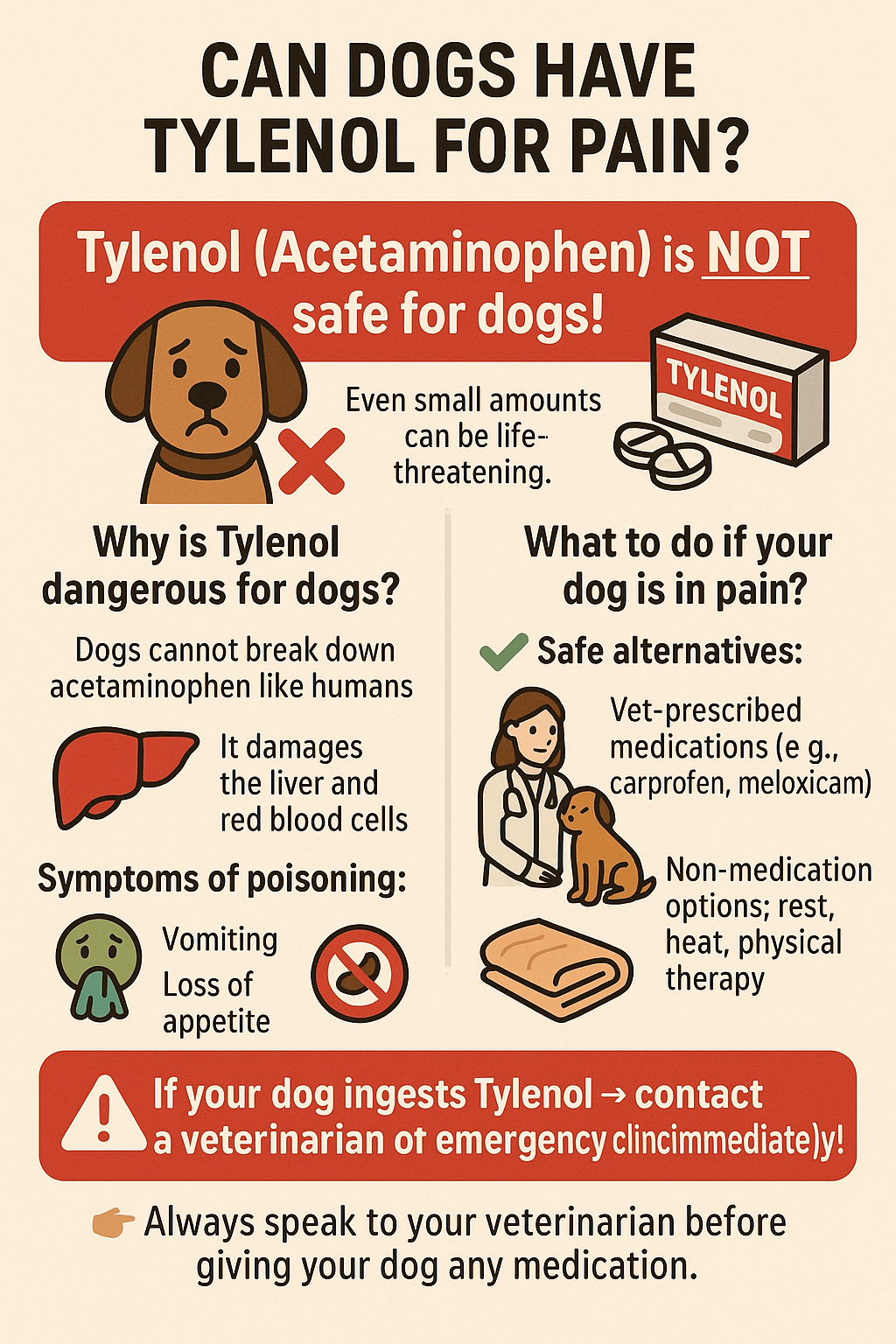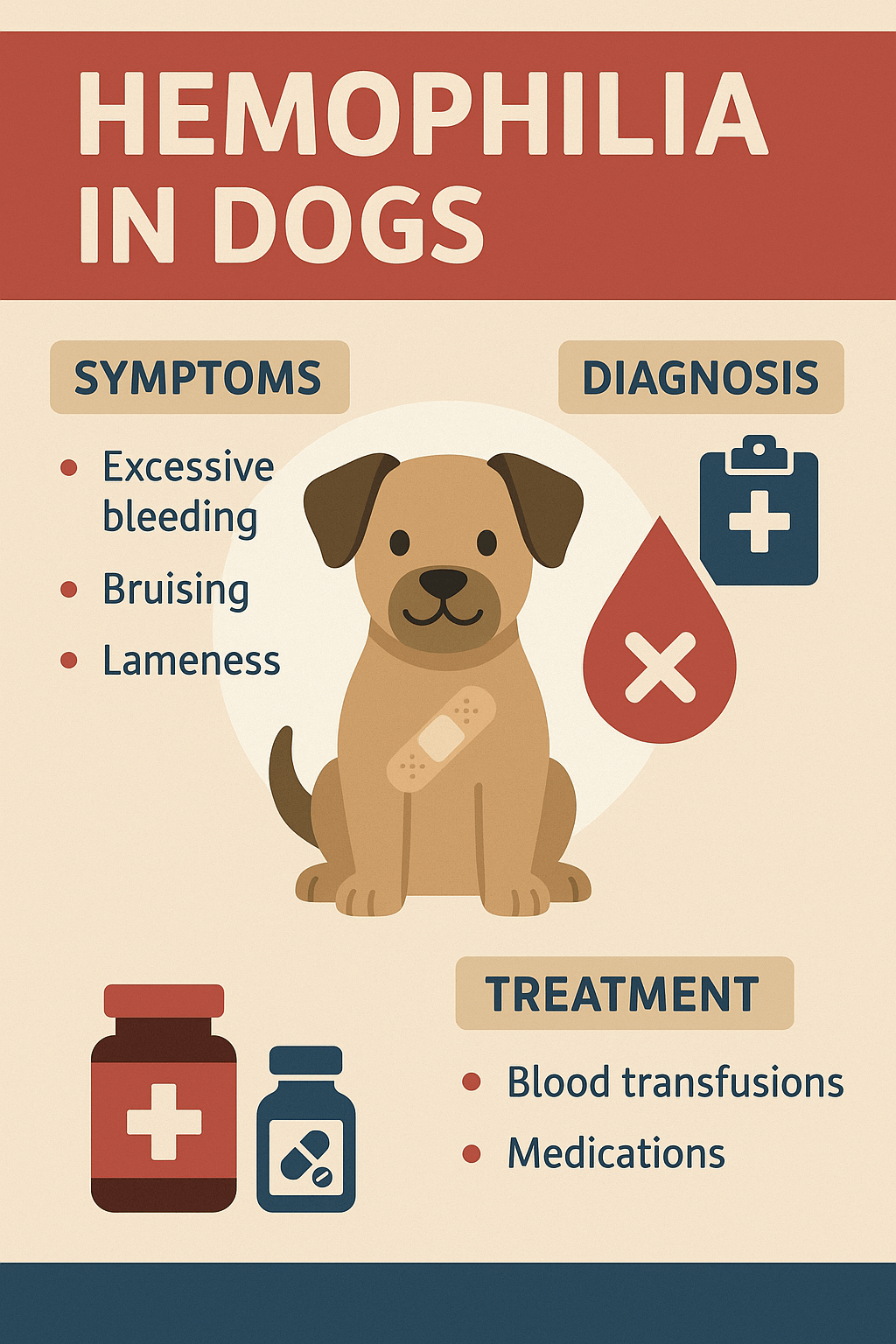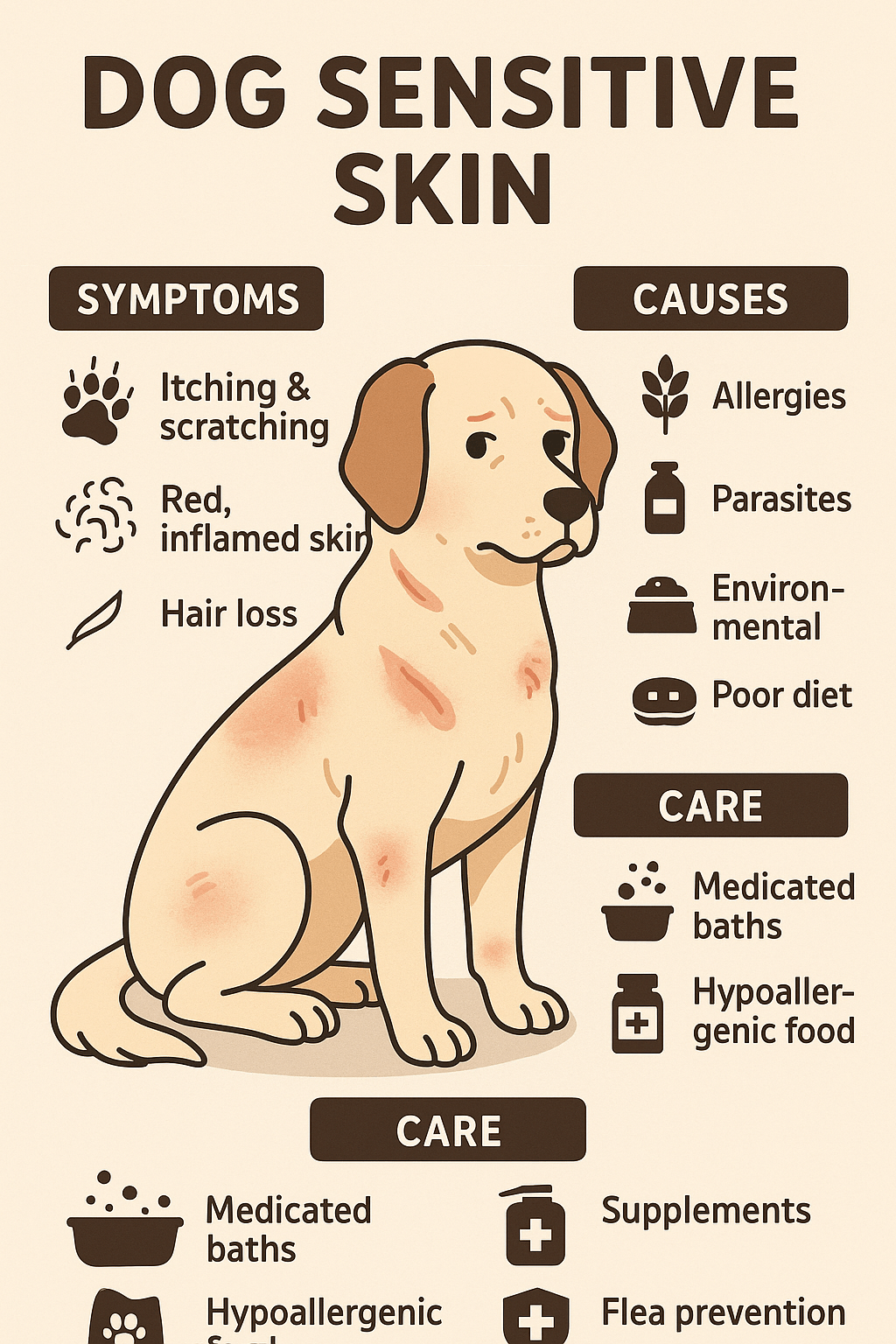Untreated Ringworm in Dogs: What You Need to Know
Ringworm in dogs is a common yet often misunderstood condition. Despite its name, ringworm isn’t caused by worms but by a fungal infection that affects the skin, hair, and sometimes nails. While it’s treatable when addressed promptly, untreated ringworm can lead to serious complications for your dog and even spread to other pets or humans. Understanding the risks, symptoms, and long-term effects of leaving ringworm untreated is crucial for every pet owner. In this blog post, we’ll explore what happens when ringworm goes unchecked, how to prevent its spread, and why early intervention is key to keeping your furry friend healthy.
The Dangers of Untreated Ringworm in Dogs
Leaving ringworm untreated can have far-reaching consequences for your dog’s health and well-being. The infection doesn’t just stay on the surface—it can worsen over time and lead to more severe issues.
Widespread Skin Lesions:
Without treatment, the initial small patches of hair loss can expand, leading to large areas of baldness and irritated skin.Secondary Bacterial Infections:
Open sores from scratching or licking can become infected with bacteria, complicating the healing process.Chronic Discomfort:
Untreated ringworm causes persistent itching and irritation, making your dog restless and uncomfortable.Transmission to Other Pets:
Ringworm is highly contagious, and an untreated dog can easily pass the infection to other animals in the household.Risk to Human Health:
Humans, especially children and those with weakened immune systems, can contract ringworm from an infected dog.
Ignoring ringworm not only jeopardizes your dog’s health but also puts your family and other pets at risk. Early detection and treatment are essential to prevent these outcomes.
Signs Your Dog May Have Untreated Ringworm
Recognizing the signs of ringworm early can help you address the issue before it escalates. However, if left untreated, these symptoms can worsen significantly.
Circular Patches of Hair Loss:
One of the most common signs, these bald spots often have a red, scaly ring around the edges.Dry, Flaky Skin:
Infected areas may appear dry and flaky, resembling dandruff or eczema.Itching and Scratching:
Dogs with untreated ringworm frequently scratch or lick the affected areas, worsening the condition.Brittle or Broken Nails:
In severe cases, ringworm can infect a dog’s nails, causing them to become brittle or discolored.Spreading Lesions:
Over time, untreated ringworm spreads to other parts of the body, making the infection harder to manage.
If you notice any of these symptoms, it’s important to act quickly to prevent further complications.
Check this guide 👉What Does Ringworm Look Like on a Dog? Best 7 Health Tips!
Check this guide 👉Dog Hotspot vs Ringworm: Best 7 Expert Tips!
Check this guide 👉Is Dog Saliva Antibacterial? Best 7 Health Tips!
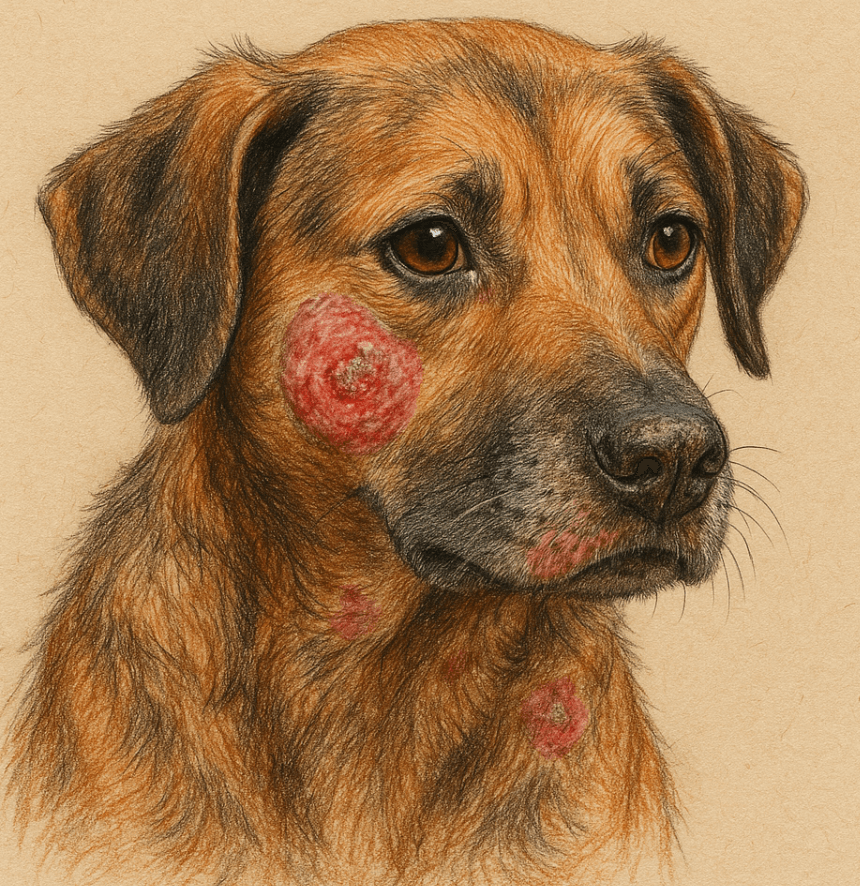
Symptoms of Untreated Ringworm | Potential Complications |
|---|---|
Circular patches of hair loss | Widespread skin lesions |
Dry, flaky skin | Secondary bacterial infections |
Itching and scratching | Chronic discomfort and stress |
Brittle or broken nails | Transmission to other pets |
Spreading lesions | Risk of spreading to humans |
How Untreated Ringworm Affects Your Home Environment
When ringworm goes untreated, it doesn’t just affect your dog—it can disrupt your entire household. The spores from the fungus can linger in your home, creating ongoing problems.
Contaminated Surfaces:
Ringworm spores can survive on bedding, carpets, and furniture, posing a risk to both pets and humans.Increased Cleaning Efforts:
Managing an untreated case requires thorough cleaning and disinfection of all surfaces your dog has touched.Stress for Family Members:
Knowing that ringworm is contagious can cause anxiety, especially if someone in the household has a compromised immune system.Damage to Belongings:
Infected pets may scratch on furniture or chew on items, spreading spores and causing damage.Difficulty Eradicating the Fungus:
Once established, ringworm spores can be challenging to eliminate entirely without professional help.
Addressing ringworm early minimizes the impact on your home environment and reduces the effort needed to restore cleanliness.
Preventing the Spread of Untreated Ringworm
If you suspect your dog has ringworm, taking immediate steps to contain the infection is critical. Here’s how you can prevent it from spreading further.
Isolate the Infected Dog:
Keep your dog away from other pets and family members until the infection is under control.Wear Protective Gear:
Use gloves and wash your hands thoroughly after handling an infected dog to avoid spreading spores.Disinfect Regularly:
Clean all surfaces, bedding, and toys with a pet-safe antifungal cleaner to kill lingering spores.Bathe Your Dog:
Use a medicated shampoo designed to treat ringworm to reduce the fungal load on your dog’s skin.Consult a Veterinarian:
Seek professional advice to confirm the diagnosis and receive appropriate treatment options.
By acting swiftly, you can minimize the spread of ringworm and protect everyone in your household.
Common Misconceptions About Ringworm in Dogs
There are many myths surrounding ringworm that can lead to confusion and delayed treatment. Clearing up these misconceptions helps pet owners make informed decisions.
“Ringworm Is Caused by Worms”:
Despite its name, ringworm is a fungal infection, not a parasite.“Only Dirty Dogs Get Ringworm”:
Even clean, well-cared-for dogs can contract ringworm due to their exposure to spores.“Ringworm Always Looks Like a Ring”:
Not all cases present as circular patches; some may appear as generalized hair loss or scaling.“Humans Can’t Catch Ringworm from Dogs”:
Ringworm is zoonotic, meaning it can spread between species, including humans.“Home Remedies Are Enough”:
While some natural remedies may help, professional treatment is essential for complete recovery.
Understanding the truth behind these myths ensures better care for your dog.
Tips for Supporting Your Dog During Ringworm Treatment
Treating ringworm can be a lengthy process, but there are ways to support your dog and make the experience less stressful.
Provide Comfortable Bedding:
Replace infected bedding with soft, clean materials to reduce irritation.Offer Nutritious Food:
A balanced diet boosts your dog’s immune system, helping them fight off the infection faster.Minimize Stress:
Keep your dog calm and entertained during isolation to prevent excessive scratching.Monitor Progress Closely:
Track changes in your dog’s skin and behavior to report improvements or setbacks to your vet.Reward Good Behavior:
Use treats and praise to encourage cooperation during baths or medication administration.
Supporting your dog emotionally and physically speeds up recovery and strengthens your bond.
Long-Term Effects of Untreated Ringworm
If ringworm remains untreated for an extended period, it can lead to lasting consequences for your dog’s health and quality of life.
Permanent Hair Loss:
Severe cases may result in irreversible damage to hair follicles, leaving patches of bare skin.Weakened Immune System:
Chronic infections can strain your dog’s immune system, making them more susceptible to other illnesses.Behavioral Changes:
Persistent discomfort can cause anxiety, aggression, or withdrawal in affected dogs.Recurrent Infections:
Without proper treatment, ringworm can reoccur, requiring repeated interventions.Impact on Adoptability:
For shelter dogs, untreated ringworm can decrease their chances of finding a forever home.
Preventing these long-term effects underscores the importance of timely treatment and care.
Frequently Asked Questions About Untreated Ringworm in Dogs
Can ringworm go away on its own?
While mild cases may improve over time, untreated ringworm often worsens and spreads, making treatment necessary.
How long does it take to treat ringworm?
With proper treatment, most cases resolve within 4-6 weeks, though severe infections may take longer.
Is ringworm dangerous for humans?
Yes, ringworm is zoonotic, meaning it can spread to humans, particularly children and those with weakened immune systems.
Can I use over-the-counter treatments?
Some OTC products may help, but veterinary guidance ensures the most effective and safe treatment plan.
How do I know if my dog is cured?
A follow-up vet visit and fungal culture test can confirm whether the infection has been fully eradicated.
Act Quickly to Address Untreated Ringworm in Dogs
Untreated ringworm in dogs is not just a minor inconvenience—it’s a serious issue that can escalate quickly, affecting your pet’s health, your home, and even your family. Recognizing the signs early, seeking veterinary care, and taking preventive measures are vital steps in managing this fungal infection. By staying informed and proactive, you can ensure your dog recovers fully and prevent future outbreaks. Remember, your dog relies on you to keep them healthy, so don’t delay if you suspect ringworm.
Rimadyl for Dogs: Best 7 Expert Tips! Discover expert advice on using Rimadyl safely, managing pain, and improving your dog’s mobility with trusted veterinary insights.
Can Dogs Have Tylenol for Pain? Best 7 Expert Tips! Discover the risks, safe alternatives, and expert advice on managing your dog’s pain effectively while avoiding harmful medications.
Understanding Hemophilia in Dogs: Best 7 Expert Tips! Discover expert advice on managing hemophilia, recognizing symptoms, and ensuring your dog’s well-being with practical care strategies.
Understanding Dog Sensitive Skin: Best 7 Expert Tips! Discover expert advice on managing dog sensitive skin, relieving irritation, and improving your pup’s comfort with practical solutions.

